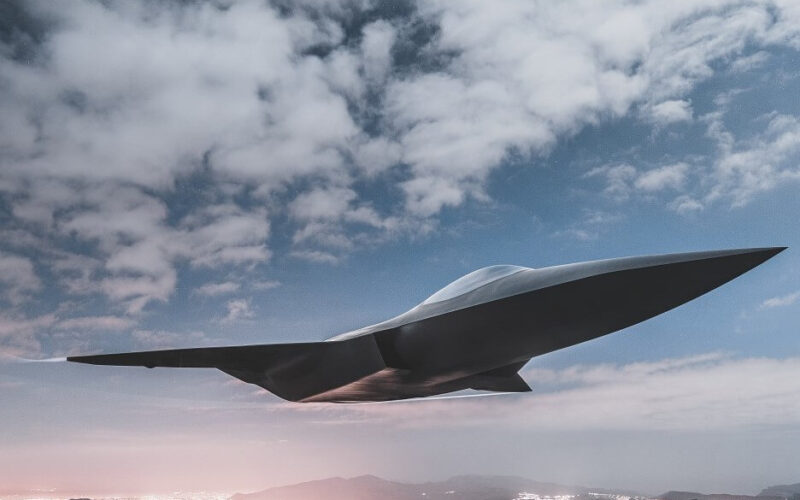Speaking at the Paris Air Forum on June 7, 2022, Éric Trappier, CEO of Dassault Aviation, gave an update on the advancement of the Future Combat Air System (FCAS) program.
The “system of systems” built around a sixth-generation fighter jet, the Next Generation Fighter (NGF) was contracted by the authorities of France, Germany, and Spain. The program brings together various European manufacturers under the leadership of Dassault Aviation and Airbus Defense and Space. But the forced union between the two is proving difficult.
Initially, Dassault was supposed to have leadership of the NGF subprogram. And as Trappier argued, the French company has much more experience in the field, with more than 70 years of providing fighter jets for the French Air Force and other nations, while Airbus’ history in the defense field is much more recent.
Also present at the conference was the French General Delegate for Armaments Joël Barre who said he was also confident Dassault was “the most competent, the one with the best expertise” and thus should be the one leading the development of the NGF.
Yet the argument continues not to be heard across the Rhine. A year after agreeing on the distribution of the various development subcontracts that make up the program, the two aeronautical giants have failed to reach an understanding regarding the nature of their collaboration for the NGF pillar.
For Trappier, the development roadmap was already severely impacted. The sixth-generation fighter jet was set to enter service by 2040. But the French, German, and Spanish air forces may have to wait another decade.
“[The target of] 2040 is already missed, because we already stall, and the discussions of the next phase will surely also be long,” the CEO said. “So we rather aim for the 2050s”
Asked about the “plan B” that had been mentioned a year before, when the viability of the project was being questioned, Trappier reiterated that it was already being considered.
“A manufacturer must have plans B,” he said. “No manufacturer in the world can claim that what was defined at the beginning of a program, a contract, will go as planned […] Even if the FCAS does not go forward as it was planned, things will go forward. Now whether this plan B is a Franco-French solution or a collaboration with other partners, we will see.”
In an op-ed published on the company’s website on May 30, 2022, Airbus CEO Guillaume Faury said that a program such as the FCAS was not achievable by one single European nation. “We need to pool our expertise and financial resources to bring it to fruition,” Faury wrote. “In Europe, we are stronger together and not when we fall back behind national borders and interests.”

